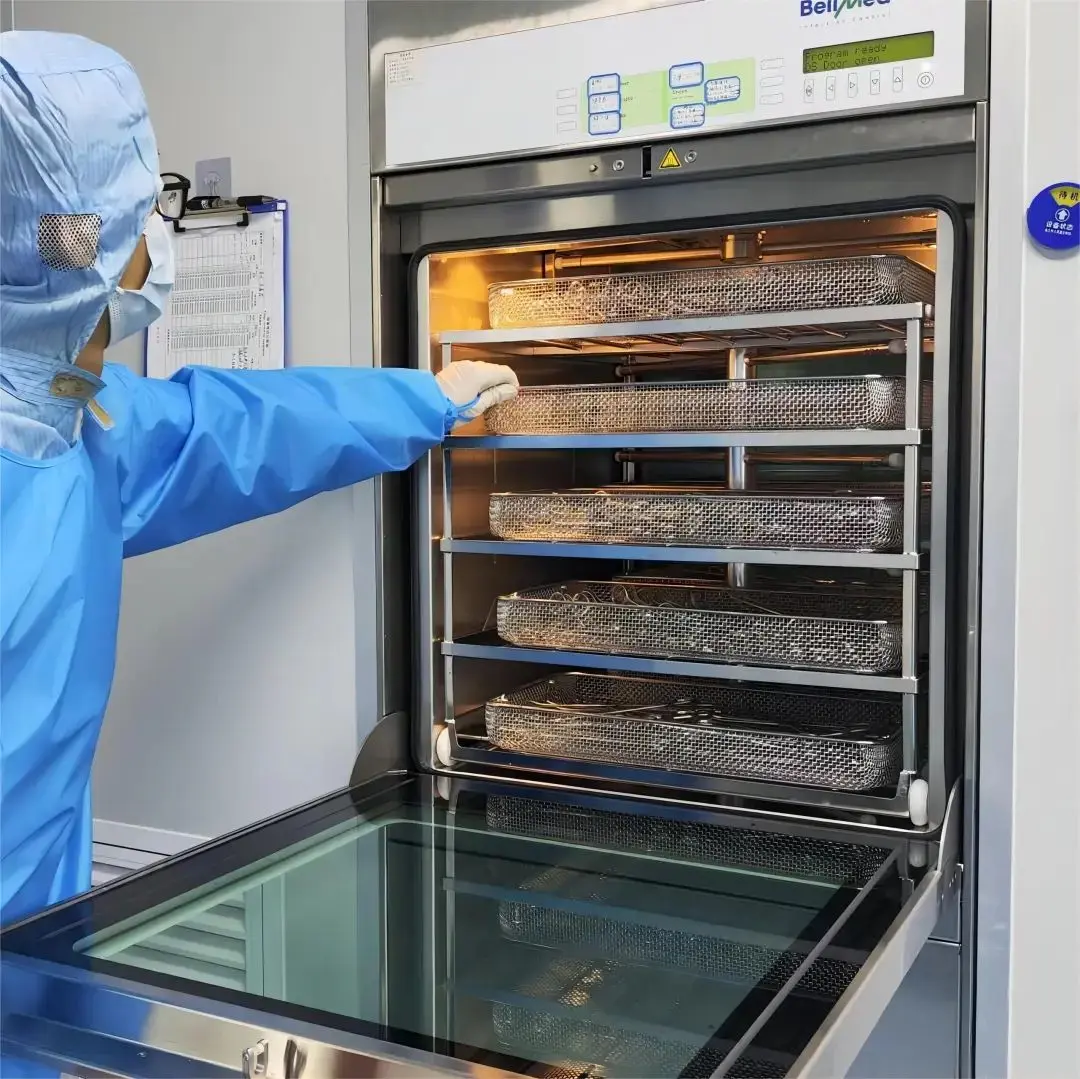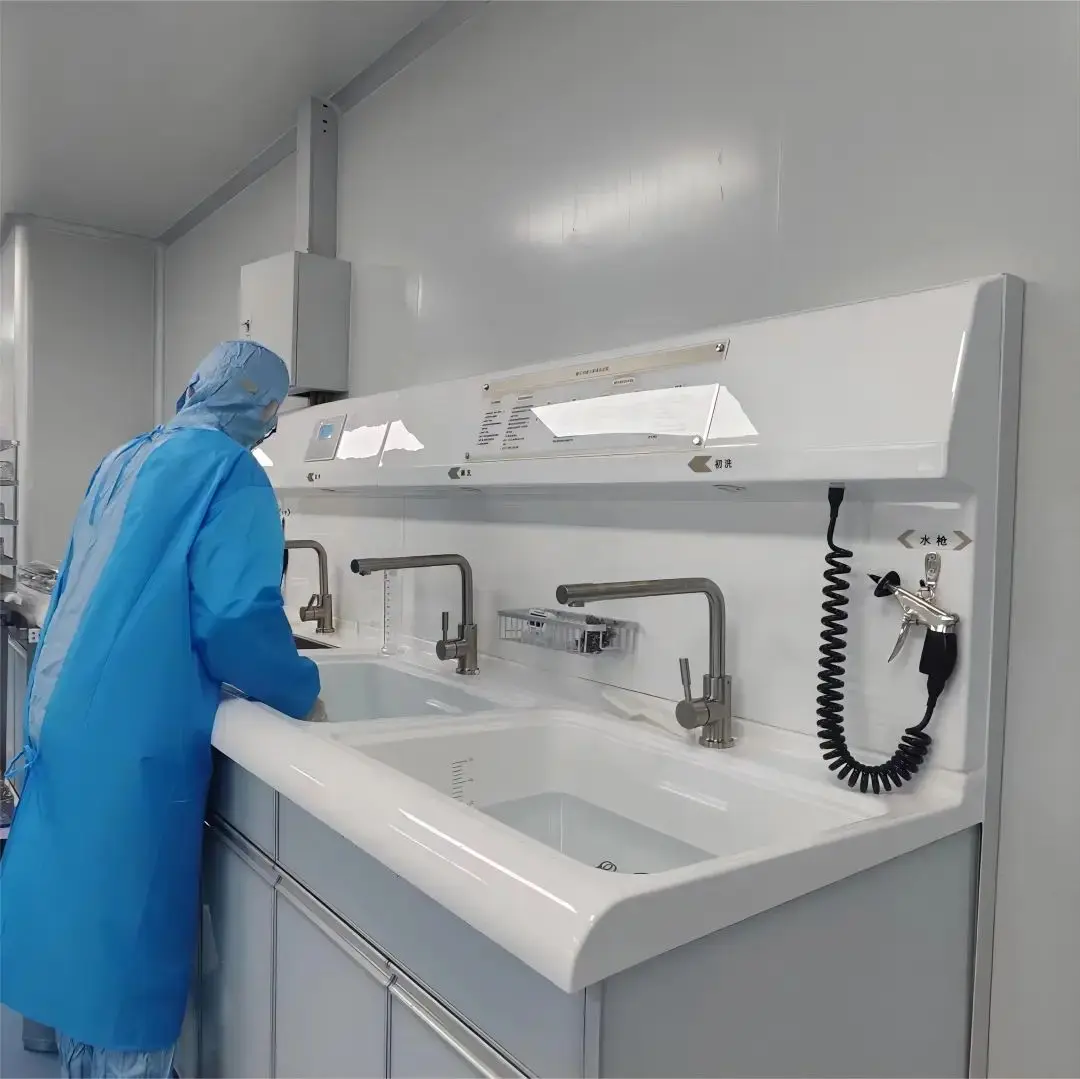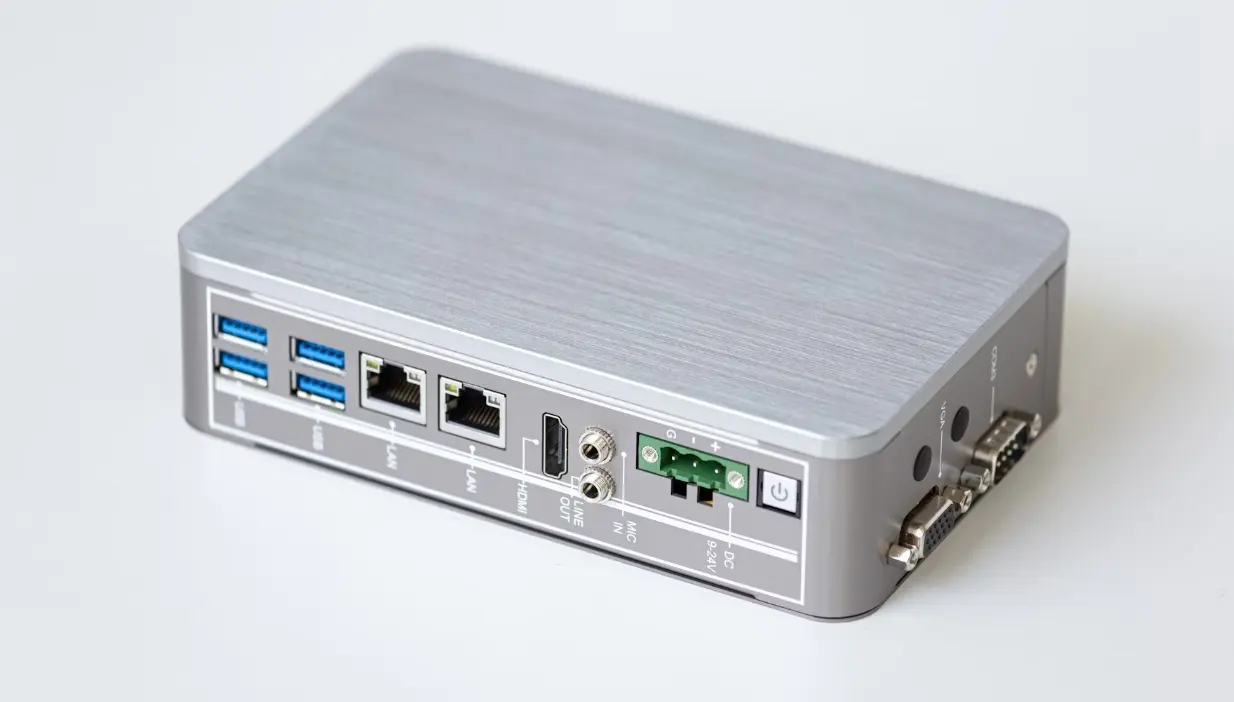
Wireless Product Certification Guide
Finally, someone has compiled the regulations for wireless product market access across different countries—be sure to bookmark it!
I. European Countries and Regions
EU RED Directive
Before wireless products can be sold in EU countries, they must undergo testing in accordance with the RED Directive (2014/53/EC) and obtain CE-mark certification.
- Product Range: Wireless communication products
- Certification Body: Self-declaration by the enterprise; third-party agencies; Notified Body (NB)
- Local Testing: Not required
- Sample Requirements: Required
- Local Representative: Not required
- Certificate Validity: N/A
Russia FAC DOC Certification
FAC is the regulatory authority for wireless certifications in Russia. Certification is categorized as either a FAC Certificate or FAC Declaration, with manufacturers mostly applying for the FAC Declaration.
- Product Range: Wireless and communication products
- Certification Body: Ministry of Information Technologies and Communications authorized by the Federal Telecommunication Agency (FAC)
- Local Testing: Not required
- Sample Requirements: Not required
- Local Representative: Required
- Certificate Validity: Varies by product, usually 5-7 years
II. American Countries and Regions
US FCC Directive
The FCC is the Federal Communications Commission in the United States. Many wireless and communication products must obtain FCC certification before entering the US market.
- Product Range: Wireless communication products and others
- Certification Body: Telecommunication Certification Bodies (TCB)
- Local Testing: Not required
- Sample Requirements: Required, 2-3 products
- Local Representative: Not required
- Certificate Validity: N/A
Canada ic certification
IC is the Canadian Industrial Ministry, responsible for certifying electronic products entering the Canadian market. From 2016, IC certification was officially renamed ised certification.
- Product Range: Wireless communication products and others
- Certification Body: ISED-approved certification bodies
- Local Testing: Not required
- Sample Requirements: Required
- Local Representative: Required
- Certificate Validity: N/A
Mexico IFETEL Certification
IFETEL is the Federal Telecommunications Institute in Mexico, which requires all equipment connected to public telecommunications networks and wireless devices to be certified by IFETEL.
- Product Range: Wireless products
- Certification Body: Federal Institute of Telecommunications (IFETEL)
- Local Testing: Required for products in the 902-928MHz, 2400-2483.5MHz, 5725-5850MHz (NOM-208) range; other products can bypass testing if they hold an FCC report
- Sample Requirements: Varies by product, at least one transmitting product
- Local Representative: Required
- Certificate Validity: One year without local testing; if local testing (NOM-121) is done, the certificate is permanent
Brazil anatel certification
ANATEL is the Brazilian Telecommunications Agency, which requires all telecommunications products and accessories to be ANATEL-certified before they can be legally sold and used in Brazil.
- Product Range: Wireless products
- Certification Body: Agência Nacional de Telecomunicações (ANATEL)
- Local Testing: Not required if based on an ESTI report
- Sample Requirements: One conducted sample, one radiated sample, one ordinary sample
- Local Representative: Required
- Certificate Validity: Varies by product
Chile SUBTEL Certification
SUBTEL is the certification management body for wireless products in Chile. Only products recognized by SUBTEL can be legally marketed in Chile.
- Product Range: Wireless and communication products
- Certification Body: Subsecretaría de Telecomunicaciones (SUBTEL)
- Local Testing: Only required for PSTN devices
- Sample Requirements: Varies by product, wireless products do not need testing
- Local Representative: Required
- Certificate Validity: N/A
Australia rcm certification
The RCM (Regulatory Compliance Mark) is the unified mark for electrical products in Australia and New Zealand, indicating that the product complies with safety and EMC requirements. It covers wireless, communication, and electrical products.
- Product Range: Wireless products
- Certification Body: Australian Communications and Media Authority (ACMA)
- Local Testing: Not required if based on an ESTI report
- Sample Requirements: Not required
- Local Representative: Required, local importer must be registered with EESS
- Certificate Validity: 5 years
III. Asian Countries and Regions
China srrc certification
The SRRC is the regulatory authority in China for mandatory certification. It mandates that all wireless products sold and used in China must be approved by the Radio Frequency Model.
- Product Range: Wireless and communication products
- Certification Body: China Radio Management Committee
- Local Testing: Required, must be conducted by a China-accredited lab
- Sample Requirements: Varies by product
- Local Representative: Not required
- Certificate Validity: 5 years
China Telecom Equipment Network Access License
Under the national telecom regulations, telecom terminal equipment, radio communication equipment, and inter-network connection equipment must meet national standards and obtain a network access license.
- Product Range: Network access certificate
- Certification Body: China Communication Equipment Certification Center
- Local Testing: Required, must be conducted by a China-accredited lab
- Sample Requirements: Varies by product
- Local Representative: Required
- Certificate Validity: 3 years
China CCC Certification
CCC is the mandatory product certification system in China. Both domestic and foreign manufacturers must obtain the relevant certification and apply the 3C mark before legally selling their products.
- Product Range: Wireless communication products and others
- Certification Body: CNCA-approved agencies
- Local Testing: Required, must be conducted by a China-accredited lab
- Sample Requirements: Varies by product
- Local Representative: Not required
- Certificate Validity: 5 years
India TEC Certification
TEC certification is a market access requirement for communication products in India. Any communication product produced, imported, distributed, or sold in India must obtain this certification and display the TEC mark.
- Product Range: Communication products
- Certification Body: Telecommunications Engineering Centre (TEC)
- Local Testing: Required, must be conducted by TEC-approved labs in India
- Sample Requirements: 2 products
- Local Representative: Required
- Certificate Validity: N/A
India ETA (WPC) Certification
The WPC certification is a market access requirement for wireless products in India, covering any non-artificially controlled wireless transmission below 3000GHz.
- Product Range: Wireless products
- Certification Body: Wireless Planning & Coordination Wing of the Ministry of Communications and Information Technology (WPC)
- Local Testing: Not required if based on FCC or ESTI reports
- Sample Requirements: 1 product for functionality check, but often not required
- Local Representative: Required
- Certificate Validity: N/A
indonesia sdppi certification
SDPPI is the Directorate General of Post and Informatics Resources and Equipment in Indonesia. All wireless and communication products must be certified by them.
- Product Range: Wireless and communication products
- Certification Body: Direktorat Jenderal Sumber Daya Perangkat Pos dan Informatika (SDPPI)
- Local Testing: Required, must be conducted by an Indonesia-accredited lab
- Sample Requirements: 2 products
- Local Representative: Not required
- Certificate Validity: 3 years
South Korea MSIP Certification
MSIP, previously KCC, is the mandatory certification system in South Korea for wireless products, implemented based on the Telecommunications Basic Act and the Radio Waves Act.
- Product Range: Wireless products
- Certification Body: Ministry of Science, ICT & Future Planning
- Local Testing: Required, must be conducted by a Korea-accredited lab
- Sample Requirements: Varies by product
- Local Representative: Not required
- Certificate Validity: Permanent
Philippines RCE certification
End-user equipment or customer premises equipment (CPE) must obtain certification from the National Telecommunications Commission (NTC) before entering the Philippines.
- Product Range: Wireless products
- Certification Body: National Telecommunications Commission (NTC)
- Local Testing: Not required, accepts FCC or ESTI reports
- Sample Requirements: Not required
- Local Representative: Required
- Certificate Validity: N/A
Philippines CPE Certification
Communication products (CPE) must obtain certification from the NTC before entering the Philippines.
- Product Range: Communication products
- Certification Body: National Telecommunications Commission (NTC)
- Local Testing: Required, must be conducted by a Philippines-accredited lab
- Sample Requirements: Varies by product
- Local Representative: Required
- Certificate Validity: N/A
Vietnam mic certification
MIC certification is the mandatory electromagnetic interference certification for information technology and communication equipment in Vietnam. The ICT mark confirms that products within the MIC's scope have been officially recognized.
- Product Range: Wireless and communication products
- Certification Body: Ministry of Information and Communications (MIC)
- Local Testing: Required, must be conducted by a Vietnam or MRA-accredited lab
- Sample Requirements: Not required if based on FCC or ESTI reports (5G products require local testing)
- Local Representative: Required
- Certificate Validity: 2 years
Singapore IMDA Certification
IMDA is the Infocomm Media Development Authority in Singapore. Wireless and communication products sold or used in Singapore must be IMDA certified.
- Product Range: Wireless and communication products
- Certification Body: Info-communications Media Development Authority of Singapore (IMDA)
- Local Testing: Not required if based on CE or FCC reports
- Sample Requirements: Not required
- Local Representative: Required, local importers must obtain telecom dealer qualification
- Certificate Validity: 5 years
Thailand nbtc certification
NBTC certification is required for wireless products, such as mobile phones, exported to Thailand before they can be sold in the local market.
- Product Range: Wireless and communication products
- Certification Body: National Broadcasting and Telecommunications Commission (NBTC)
- Local Testing: Varies by product, if Class A certification is needed, testing must be conducted by an NTC-approved lab
- Sample Requirements: Not required if based on FCC or ESTI reports (5G products require local testing)
- Local Representative: Required
- Certificate Validity: N/A
UAE TRA Certification
TRA is the regulatory authority in the UAE for wireless products. All wireless and communication devices exported to the UAE must obtain a TRA license, similar to China’s SRRC.
- Product Range: Wireless and communication products
- Certification Body: TELECOMMUNICATIONS REGULATORY AUTHORITY (TRA)
- Local Testing: Required for verification testing by TRA
- Sample Requirements: Required, 1 sample for regular wireless products, 2 samples for mobile phones or tablets, no sample needed for large devices
- Local Representative: Not required, license holder (which could be the manufacturer) must register with TRA
- Certificate Validity: 3 years
IV. African Countries and Regions
South Africa ICASA Certification
ICASA is the regulatory authority for wireless communication devices exported to South Africa. Products must be certified by ICASA before they can be sold, similar to China’s SRRC.
- Product Range: Wireless products
- Certification Body: Independent Communications Authority of South Africa (ICASA)
- Local Testing: Not required
- Sample Requirements: Not required
- Local Representative: Required
- Certificate Validity: Permanent
Egypt NTRA Certification
NTRA is Egypt's national telecommunications regulatory authority. All communication devices used within Egypt must undergo NTRA certification.
- Product Range: Wireless and communication products
- Certification Body: National Telecommunication Regulatory Authority (NTRA)
- Local Testing: Not required if based on FCC or ESTI reports
- Sample Requirements: Varies by product
- Local Representative: Required, only for mobile phones, landlines, and cordless phones
- Certificate Validity: N/A
JJR Labs in China have received CNAS, CMA, A2LA, NVLAP, SASO certifications and offer rich testing experience and comprehensive solutions. They can provide one-stop certification services for short-range SDR products (Bluetooth, Wi-Fi, wireless remotes, ZigBee, etc.), wireless RF products (2G, 3G, 4G phones, etc.), and Qi wireless charging products for various global markets, helping you meet international standards and successfully enter the global market!
Email:hello@jjrlab.com
Write your message here and send it to us
 EU 2.4G Products CE-RED Directive
EU 2.4G Products CE-RED Directive
 Cytotoxicity Analysis (CCK-8 Method)
Cytotoxicity Analysis (CCK-8 Method)
 Disinfection Validation for Reusable Medical Devic
Disinfection Validation for Reusable Medical Devic
 ASTM F3208-2020 Testing Laboratory
ASTM F3208-2020 Testing Laboratory
 Reprocessing of Reusable Medical Devices ISO15883
Reprocessing of Reusable Medical Devices ISO15883
 Wireless Product Certification Guide
Wireless Product Certification Guide
 TISI Certification for Hair Dryers in Thailand
TISI Certification for Hair Dryers in Thailand
 Thailand TISI Compliance Certification Reminder
Thailand TISI Compliance Certification Reminder
Leave us a message
24-hour online customer service at any time to respond, so that you worry!




